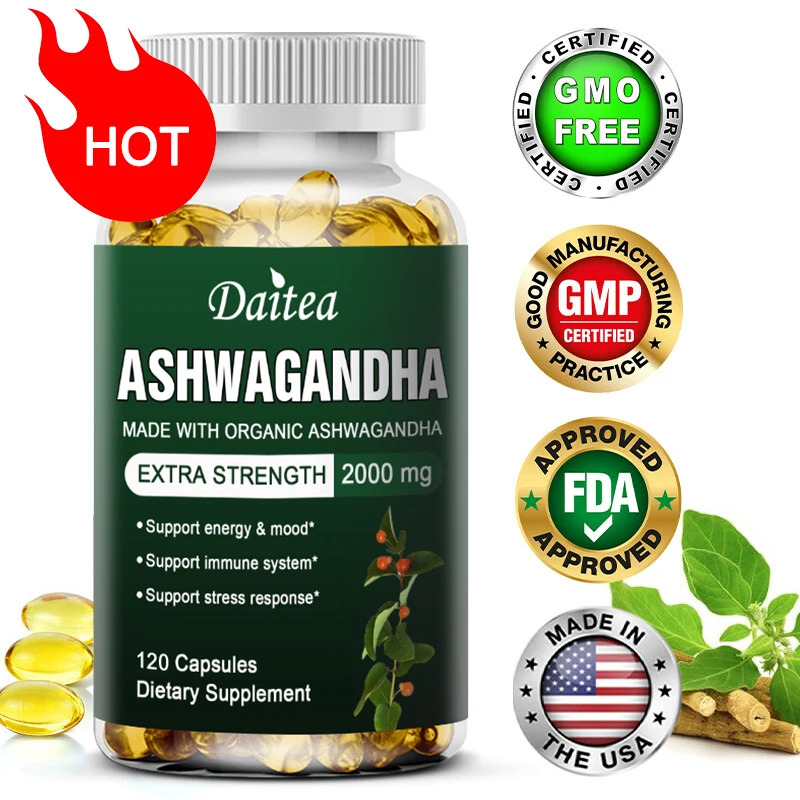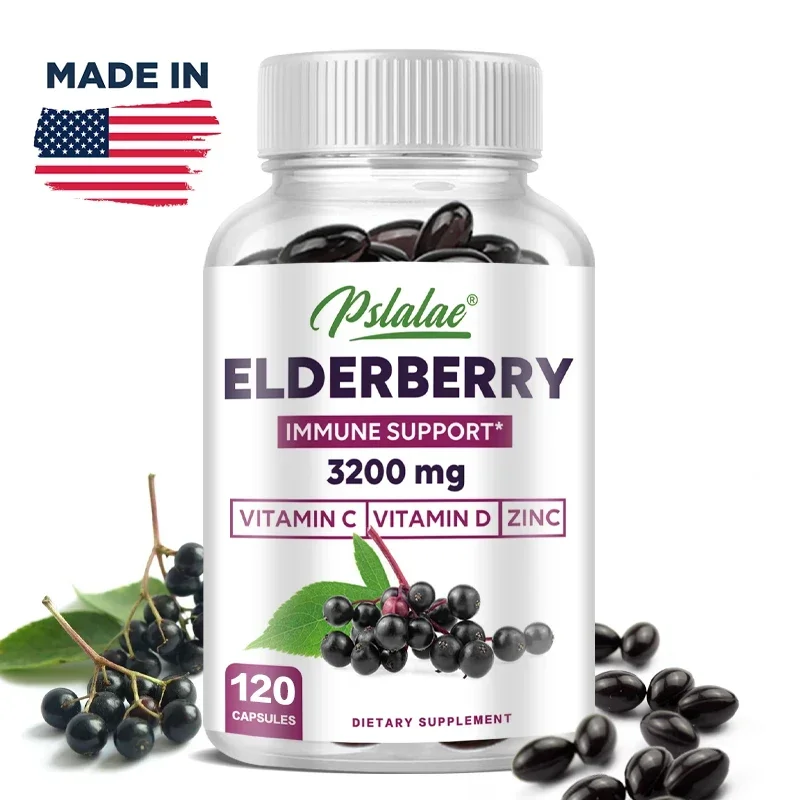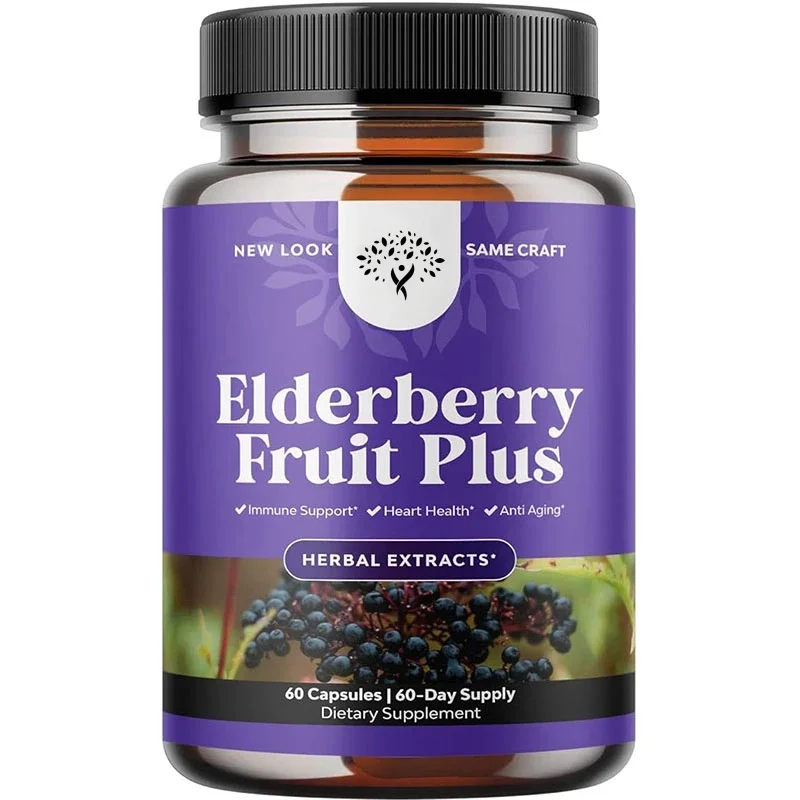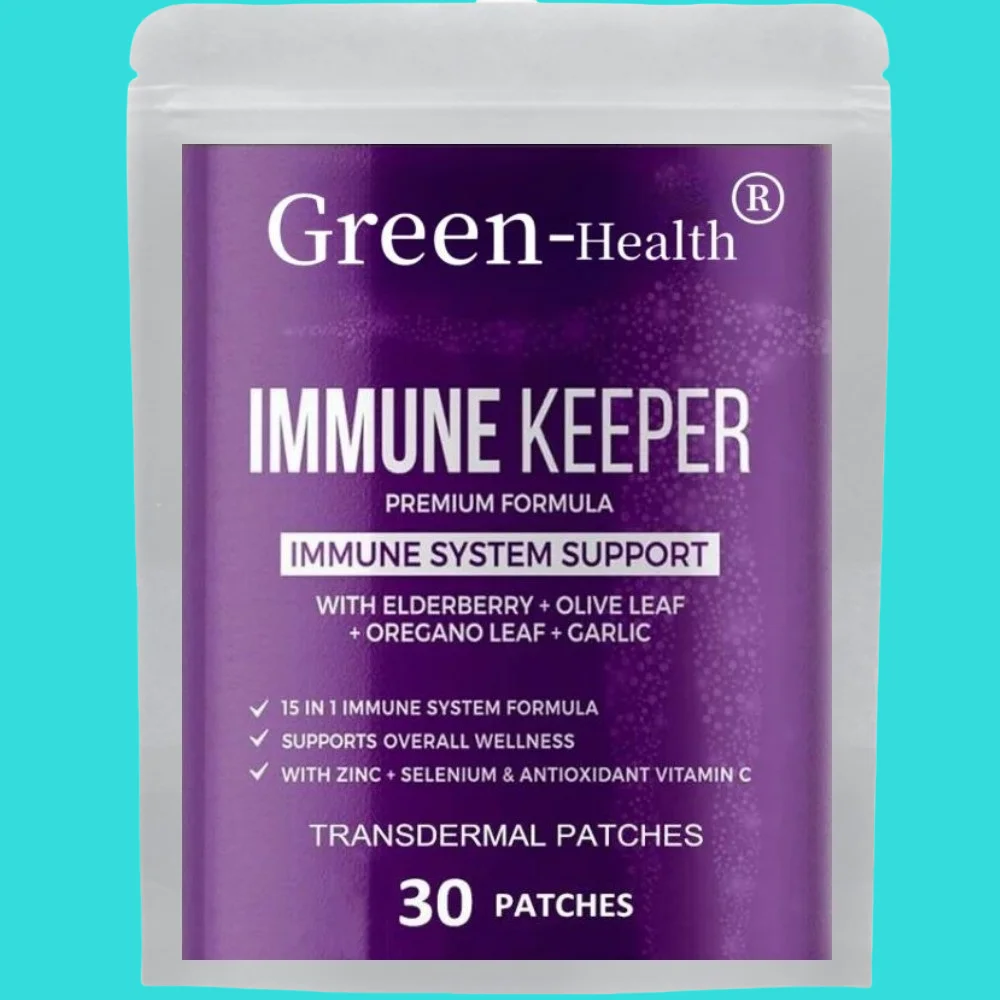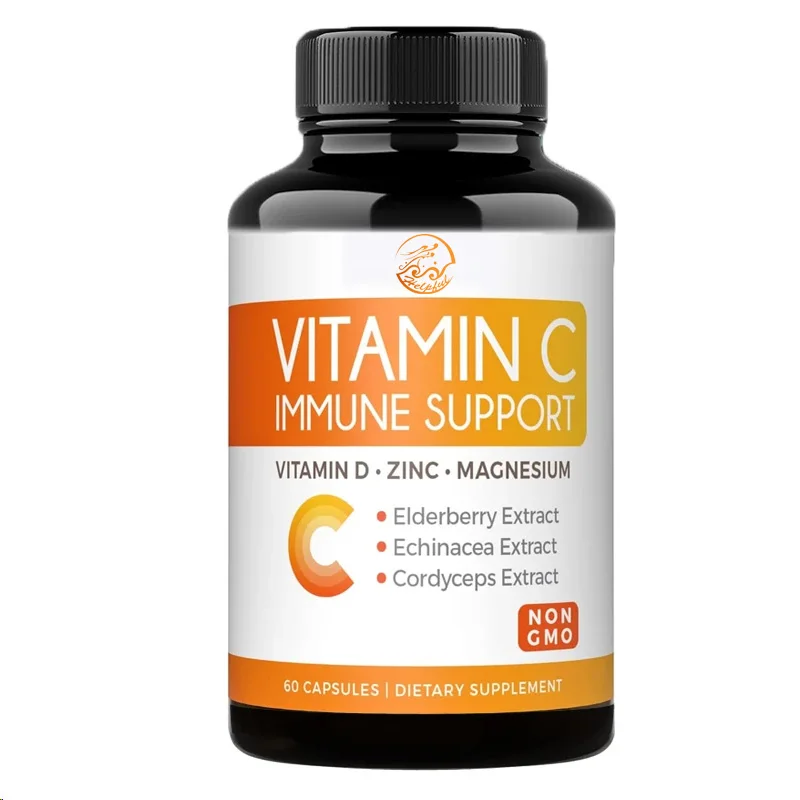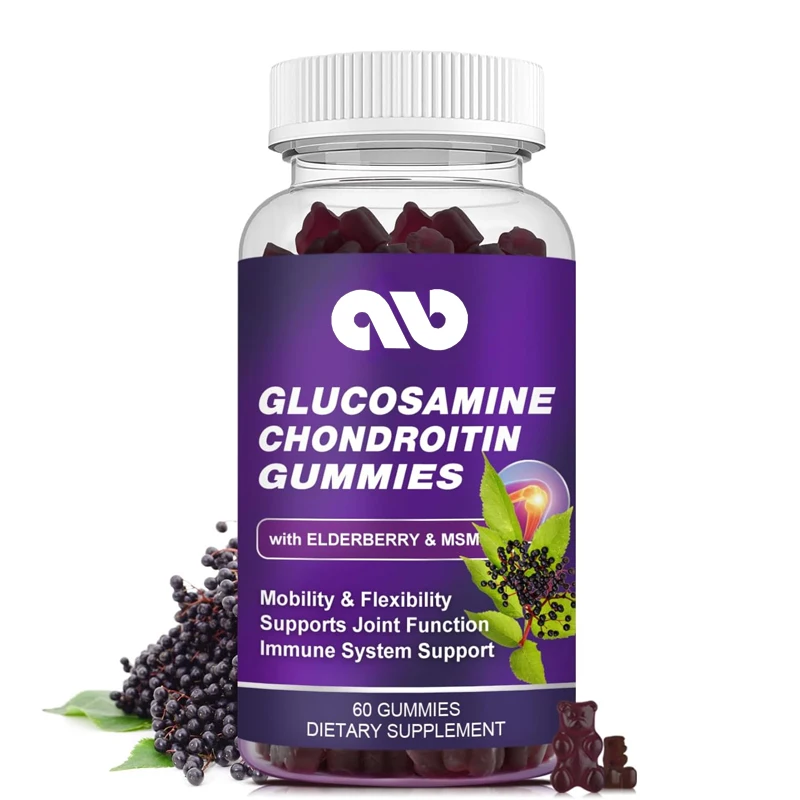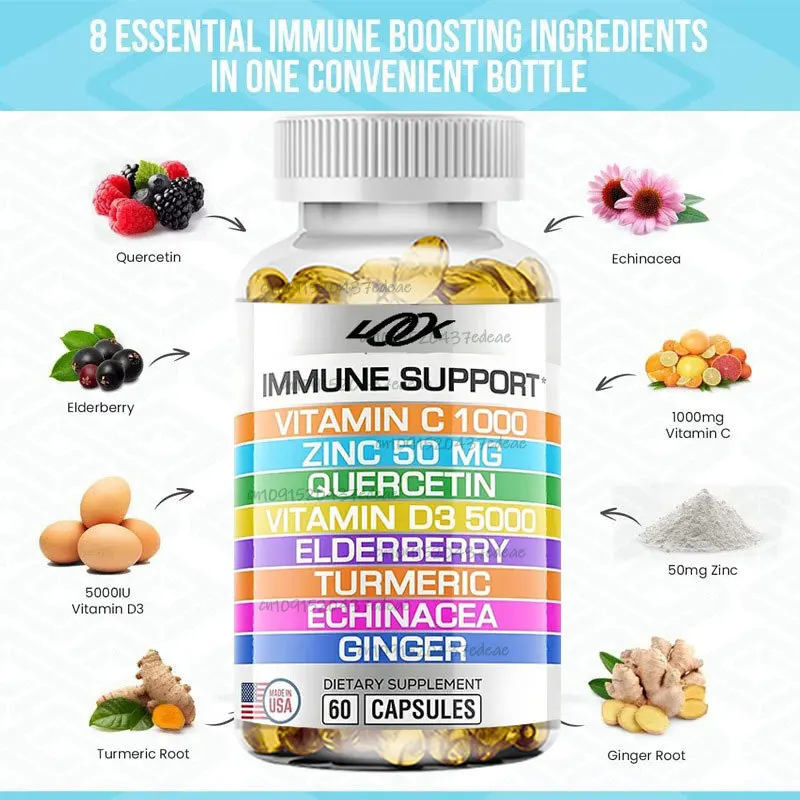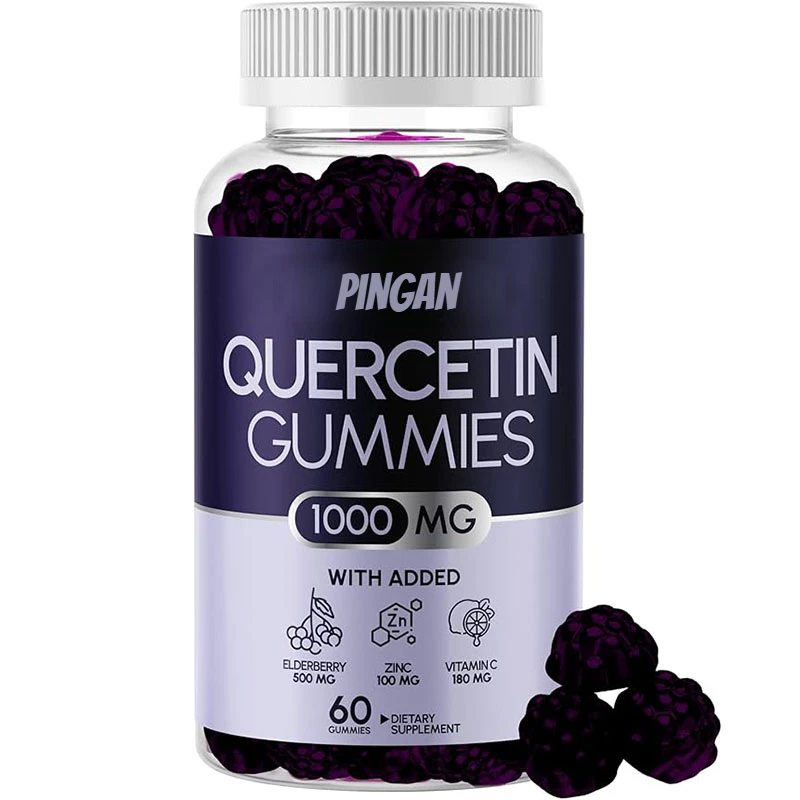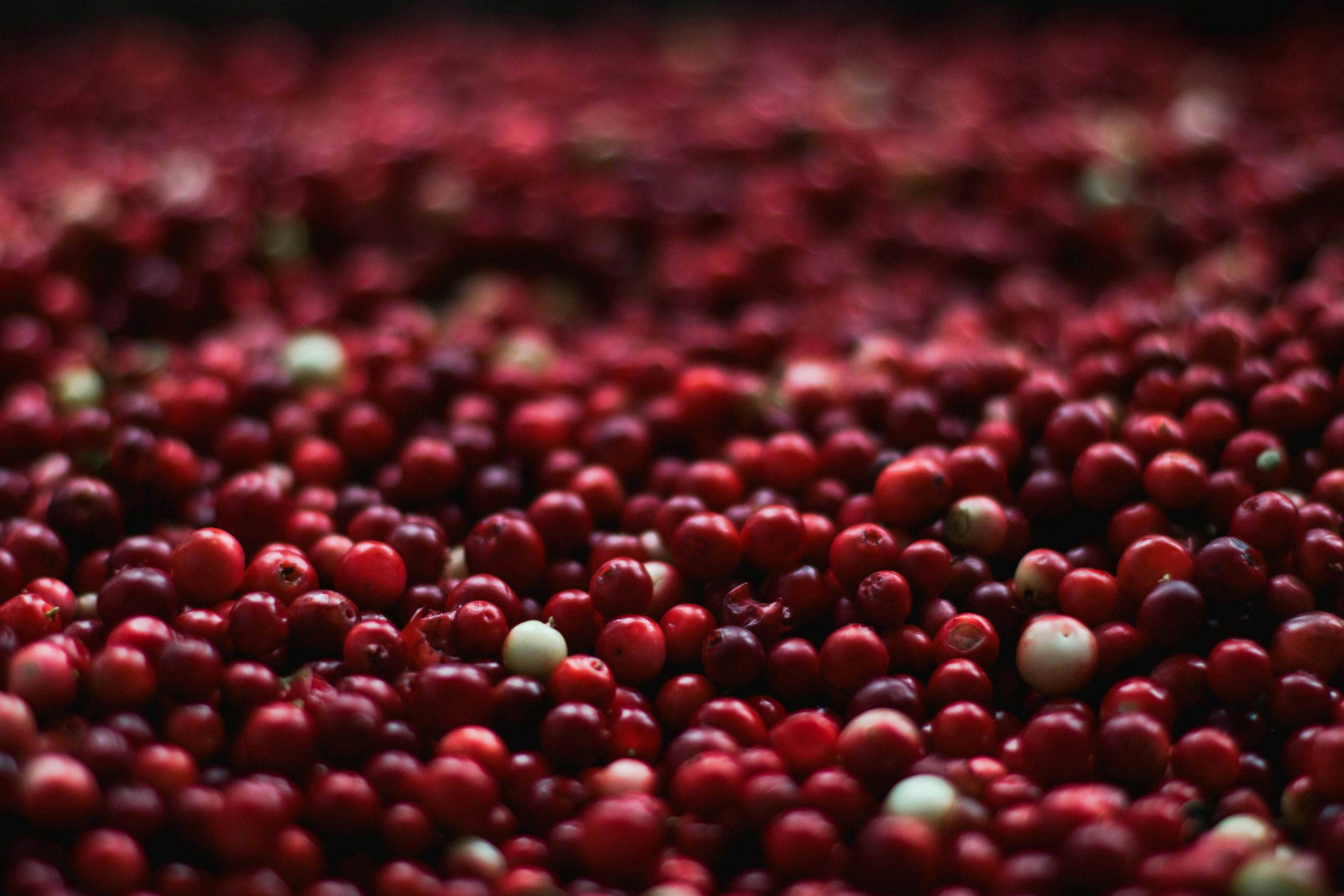Indulging in the sweet pleasures of sugar and experiencing the delightful taste can bring joy to our lives. However, it’s important to recognize the potential consequences of excessive sugar intake on our health.
While it may seem easy to eliminate obvious sugary treats like cakes and candies, there are hidden sources of sugar that can catch us off guard. Surprisingly, ultra-processed foods contain significantly higher sugar content compared to their processed and unprocessed counterparts, contributing to a staggering ninety percent of our overall sugar consumption.
Becoming aware and mindful of the nutrition labels on the foods we consume is crucial. The truth is, you may be consuming far more sugar than you realize.
Thankfully, our bodies have a way of sending signals when it’s time to reduce sugar consumption. These signals should not be ignored, as they serve as a wake-up call to reassess our dietary habits.
Without further delay, let’s delve into the fifteen telltale signs that indicate your sugar intake has reached worrisome levels. Paying close attention to these warning signs can be the catalyst for making positive changes in your relationship with excessive sugar intake.
Number One – Craving Sugar
The question of whether sugar cravings can be classified as an addiction remains a topic of intense debate among scientists. While some argue for its addictive properties, others hesitate to label it as such. Nonetheless, what researchers do agree upon is the undeniable impact of sugar on our brain’s reward system, particularly through the release of dopamine—the chemical messenger associated with pleasure and happiness.
When we consume sugar, it triggers a surge of dopamine in our brain, creating a temporary sensation of pleasure and satisfaction. This release of dopamine reinforces the desire to seek out more sugar, as our brain associates it with a rewarding experience. Over time, consistent sugar consumption leads to significant alterations in our dopamine receptors. These changes ultimately result in higher tolerance, meaning we need to consume larger amounts of sugar to achieve the same level of satisfaction or pleasure.
It is important to note that occasional cravings for sugar are perfectly normal and do not necessarily indicate a problem. Our bodies naturally desire sweetness as a source of quick energy, and indulging in a sweet treat from time to time can be a delightful experience. However, when the need for sugary foods becomes a daily occurrence or a persistent craving, it may be a red flag indicating excessive sugar intake.
Consistently consuming high levels of sugar can create a cycle of dependence within our brain. The more sugar we consume, the more our brain craves it, leading to a perpetual desire for increasingly higher quantities of sugar. This vicious cycle can be challenging to break, as the brain becomes accustomed to the constant influx of dopamine triggered by sugar consumption.
The consequences of excessive sugar consumption extend beyond the brain’s reward system. Studies have linked high sugar intake to a range of health issues, including weight gain, increased risk of chronic diseases such as diabetes and heart disease, and negative effects on mood and energy levels.
Recognizing the signs of excessive sugar consumption is crucial for maintaining a balanced and healthy lifestyle. If you find yourself needing sugary treats every single day, it may indicate that you are consuming too much sugar. Your brain has become accustomed to the dopamine release triggered by sugar and subsequently craves even more. It is essential to be mindful of your sugar intake and make conscious efforts to reduce it if necessary.
Number Two – Food Doesn’t Taste As Good
One of the surprising effects of consuming excessive sugar is how it can alter our perception of taste. If you find that the foods you once enjoyed no longer taste as satisfying or flavorful as you remember, it may be a sign that you’re consuming too much sugar.
When we consume sugar regularly, our taste buds undergo a process of adaptation. They become accustomed to the intense sweetness and begin to crave it more intensely. This craving for sweetness leads to changes in our taste buds, which become less sensitive to subtler flavors and more attuned to detecting sugar.
The overconsumption of sugar dulls our palate and dilutes our sense of taste. As a result, even foods that naturally have a mild sweetness or those that should taste sweet no longer provide the same level of satisfaction. The diminished ability to taste subtle flavors can diminish the overall enjoyment of food, leading to a greater reliance on sugary options to fulfill our cravings.
Moreover, the excessive consumption of sugar can create a sort of “sugar tolerance.” Similar to how the body builds tolerance to certain drugs, the continuous exposure to high levels of sugar requires larger quantities to achieve the same level of satisfaction. This can further contribute to the numbing of taste buds, as we may find ourselves needing increasingly sweeter foods to experience any sensation of sweetness.
The consequences of dulled taste buds extend beyond a diminished dining experience. It can lead to a higher intake of added sugars and unhealthy processed foods, as we seek stronger and more intense flavors to compensate for the lack of satisfaction we derive from natural, unprocessed foods.
Fortunately, our taste buds have the remarkable ability to adapt and reset themselves. By gradually reducing our sugar intake, we can begin to retrain our taste buds and regain sensitivity to the natural flavors of foods. This process takes time and patience, but over time, you may find that foods that once seemed bland or lacking in sweetness now offer a surprising depth of flavor.
Taking steps to reduce added sugars in your diet, opting for whole and unprocessed foods, and exploring a variety of flavors can help restore your palate’s sensitivity. By embracing a more balanced and diverse diet, you can reawaken your taste buds and rediscover the pleasure of enjoying foods in their natural, unadulterated form.
Remember, paying attention to how sugar affects your taste buds can serve as a powerful motivator to make positive changes in your dietary habits. By reducing your sugar intake, you can not only improve your overall health but also rekindle the joy of savoring the true flavors that the world of food has to offer.
Number Three – Low Energy
Maintaining optimal glucose levels is crucial for efficient energy production throughout the body. To achieve this, it is important to keep your blood sugar levels well balanced rather than experiencing the sharp ups and downs that occur when constantly consuming sugary snacks.
When we consume sugar, our pancreas releases insulin to facilitate the transfer of glucose from the bloodstream into our cells, providing a burst of energy. However, once this energy is utilized, we may experience a subsequent dip in energy levels. The more sugar we consume, the more pronounced and extreme this sugar crash becomes.
The cycle of consuming sugar, experiencing a surge in energy, and subsequently crashing can disrupt the body’s natural energy regulation mechanisms. These fluctuations can leave us feeling fatigued, lethargic, and even irritable. The constant reliance on sugar for energy creates a rollercoaster effect that hinders our ability to maintain steady and sustained energy levels throughout the day.
By relying on sugary snacks as a quick energy fix, we perpetuate this cycle of energy spikes and crashes, which can negatively impact productivity, focus, and overall well-being. Alternatively, adopting a balanced diet that includes complex carbohydrates, healthy fats, and proteins can help stabilize blood sugar levels, providing a more sustained and consistent energy release.
It is worth noting that not all sources of sugar are created equal. While natural sugars found in whole foods such as fruits provide additional nutrients and fiber, added sugars found in processed foods and sugary snacks offer little to no nutritional value. These added sugars contribute to the excessive consumption of empty calories, leading to weight gain and potential long-term health issues.
To avoid the extreme highs and lows associated with sugar consumption, it is important to choose whole, unprocessed foods that provide a steady release of glucose and nutrients. Including a balance of complex carbohydrates, lean proteins, and healthy fats in your meals can provide a sustained energy source, promoting optimal functioning throughout the day.
By making mindful choices and prioritizing whole foods, you can break free from the sugar rollercoaster and achieve a more stable and consistent energy level. Consistent energy levels support overall well-being, enhance productivity, and contribute to a healthier and more balanced lifestyle.
Number Four – Breaking Out Around The Mouth And Chin
The relationship between diet and acne has been a subject of debate among experts. While some experts argue that severe acne is unrelated to an individual’s diet, a growing body of research has indicated a potential link between breakouts and the overconsumption of sugary foods.
Studies have found that high sugar intake can lead to increased hormone production, particularly androgens. Androgens play a role in the development of inflammatory hormonal acne, which often manifests in the area of the jawline and mouth. If you are experiencing persistent breakouts in these specific regions and are unsure of the cause, it may be worth considering the removal of added sugars from your diet.
The mechanism behind the sugar-acne connection lies in the impact of high sugar consumption on hormone regulation. Elevated levels of sugar can cause hormonal imbalances, leading to increased androgen production. This, in turn, stimulates the sebaceous glands to produce more sebum, a naturally occurring oily substance that can contribute to clogged pores and the development of acne.
It is important to note that the relationship between sugar and acne is complex and can vary from person to person. Not everyone will experience the same degree of impact from dietary sugar on their skin. Factors such as genetics, overall diet quality, and individual sensitivities play a role in how the body responds to dietary influences.
While removing added sugars from your diet may not be a cure-all for acne, it can be a beneficial step in managing breakouts, particularly in the jawline and mouth area. It is advisable to adopt a well-rounded approach to skincare, including proper cleansing, moisturizing, and incorporating other dietary changes if needed, such as consuming a balanced diet rich in fruits, vegetables, and whole foods.
If you are struggling with persistent acne or are unsure of the underlying causes, consulting with a dermatologist or healthcare professional can provide personalized guidance and help you develop an effective treatment plan.
In summary, while experts may hold differing opinions, emerging research suggests a potential link between the overconsumption of sugary foods and the development of hormonal acne.
Number Five – Premature Aging
It may come as a surprise, but consuming excessive amounts of sugar can actually expedite the signs of aging. A diet high in sugar triggers the production of harmful compounds within the body that negatively affect two essential proteins for maintaining youthful-looking skin: collagen and elastin.
Collagen and elastin are responsible for the skin’s structure, elasticity, and firmness. They provide the support necessary to keep the skin supple and smooth. However, when we consume high levels of sugar, a process called glycation occurs. Glycation is the binding of sugar molecules to proteins like collagen and elastin. This process leads to the formation of advanced glycation end products (AGEs), which damage and weaken these proteins.
The presence of AGEs disrupts the normal functioning of collagen and elastin, impairing their ability to keep the skin looking youthful. As a result, the skin becomes more prone to wrinkles, fine lines, and sagging. In essence, the more sugar you consume, the earlier these signs of aging may manifest compared to individuals who follow a healthier diet.
Moreover, sugar consumption also affects the natural antioxidant defenses of the skin. Antioxidants play a crucial role in protecting the skin against oxidative stress caused by free radicals, which are unstable molecules that can damage cells and accelerate aging. High sugar intake can deplete the antioxidant resources in the body, leaving the skin more susceptible to oxidative damage and premature aging.
To maintain a more youthful appearance and slow down the aging process, it is advisable to reduce sugar consumption and adopt a healthier diet. By prioritizing whole foods rich in antioxidants, vitamins, and minerals, such as fruits, vegetables, whole grains, and lean proteins, you provide your body with the necessary nutrients to support collagen and elastin production, as well as protect against oxidative stress.
Additionally, practicing good skincare habits, such as keeping the skin clean, moisturized, and protected from harmful UV rays, can complement dietary changes in promoting skin health and delaying the signs of aging.
Number Six – Joint Pain
Extensive research has consistently demonstrated that sugar consumption can contribute to increased inflammation within the body. What’s interesting is that these inflammatory effects can persist for a significant period of time even after sugar consumption, making it easy to overlook the connection between your diet and inflammation-related symptoms.
When we consume excess sugar, it triggers a cascade of biochemical reactions that promote inflammation. This chronic low-grade inflammation can have detrimental effects on various systems in the body, including the joints. Inflammation in the joints can lead to symptoms such as pain, swelling, and stiffness, which can impact mobility and overall quality of life.
If you’re experiencing joint problems, it is worth considering the role of sugar in your diet as a potential contributing factor. By reducing your sugar intake and monitoring how your body responds, you can determine if there is a correlation between your sugar consumption and the presence or severity of joint pain.
Lowering your sugar intake can help mitigate inflammation and potentially alleviate joint discomfort. It’s important to note that individual responses may vary, and some individuals may be more sensitive to the inflammatory effects of sugar than others. Therefore, it’s advisable to consult with a healthcare professional or a registered dietitian who can provide personalized guidance based on your specific needs and health conditions.
In addition to reducing sugar intake, adopting an anti-inflammatory diet can further support joint health. This involves consuming a variety of nutrient-dense foods that possess anti-inflammatory properties, such as fruits, vegetables, whole grains, healthy fats, and lean proteins. These foods contain antioxidants, phytochemicals, and omega-3 fatty acids that can help combat inflammation and promote overall well-being.
Regular physical activity and maintaining a healthy weight are also important considerations for joint health. Engaging in exercises that are gentle on the joints, such as swimming or cycling, can help improve joint mobility and reduce the risk of further inflammation or injury.
Number Seven – High Blood Pressure
Consuming excessive amounts of sugar can have detrimental effects on your heart health. While maintaining a normal blood pressure of 120/80 or lower is important, a diet high in sugar can push your blood pressure beyond this threshold.
When it comes to hypertension (high blood pressure), the impact of added sugars in your diet may be more significant than dietary sodium. The consumption of added sugars, especially fructose, can lead to metabolic dysfunction and significantly increase the risk of cardiovascular problems.
Recognizing the negative impact of sugar on heart health, the American Heart Association (AHA) has recommended limiting the intake of added sugars. For women, the AHA suggests a maximum of 100 calories per day, which is equivalent to approximately 6 teaspoons of added sugars. Men, on the other hand, should consume no more than 150 calories, or around 9 teaspoons of added sugars, per day.
These recommendations highlight the need to be mindful of the sugar content in your diet and choose your snacks wisely. Opting for healthier alternatives that are lower in added sugars can significantly contribute to maintaining a healthy heart. It’s essential to read nutrition labels carefully and be aware of hidden sources of sugar in processed foods, beverages, and snacks.
By reducing your intake of added sugars, you can help manage your blood pressure, decrease the risk of metabolic dysfunction, and protect your cardiovascular health. It is also important to adopt a well-rounded approach to your diet, emphasizing whole foods such as fruits, vegetables, whole grains, lean proteins, and healthy fats. These nutrient-dense choices not only provide essential nutrients but also naturally contain less added sugar, supporting a heart-healthy lifestyle.
Additionally, incorporating regular physical activity, maintaining a healthy weight, and managing stress levels are crucial components of overall cardiovascular well-being. By making conscious choices and prioritizing your heart health, you can take proactive steps toward maintaining a healthy blood pressure and reducing the risk of cardiovascular diseases.
Remember, the choices you make regarding sugar consumption have a direct impact on your heart health. By following the recommendations provided by the American Heart Association and making informed decisions about your dietary choices, you can contribute to a healthier heart and overall well-being.
Number Eight – High Cholesterol
When it comes to the impact of sugar on our health, there are hidden signs that go beyond the commonly known effects. One such effect is the increased levels of various fats circulating in the bloodstream.
When people think about foods that raise cholesterol levels, the focus often falls on those high in saturated fats. It is well-established that foods high in saturated fats, along with trans fats, can elevate levels of LDL (low-density lipoprotein) cholesterol, commonly referred to as “bad” cholesterol. However, it’s important to recognize that excessive sugar consumption can also significantly contribute to an increase in LDL cholesterol levels.
Sugar, particularly in the form of added sugars found in processed foods and beverages, can lead to elevated levels of triglycerides, which are a type of fat in the blood. High levels of triglycerides are associated with increased cardiovascular risk. Furthermore, an excessive intake of sugar can promote the production of small, dense LDL particles, which are considered more harmful to cardiovascular health than larger LDL particles.
If you’re concerned about your cholesterol levels, it is essential to address not only your fat intake but also your sugar intake. Cutting back on added sugars can play a significant role in managing cholesterol levels and reducing the risk of cardiovascular disease.
To minimize the consumption of added sugars, it’s crucial to read food labels carefully and be aware of the various names under which sugars can be listed, such as sucrose, glucose, fructose, maltose, and high-fructose corn syrup. Be cautious of sugary snacks, desserts, sugary beverages, and processed foods, as these are often high in added sugars.
Instead, prioritize whole foods that are naturally low in added sugars, such as fruits, vegetables, whole grains, lean proteins, and healthy fats. These foods provide essential nutrients and can contribute to a well-rounded, heart-healthy diet.
By reducing your consumption of added sugars and maintaining a balanced diet that is low in saturated fats and trans fats, you can help manage your cholesterol levels and promote cardiovascular health. Regular exercise, maintaining a healthy weight, and managing stress levels also play crucial roles in supporting overall heart health.
Remember, while saturated and trans fats are known contributors to high cholesterol levels, added sugars can also have a negative impact.
Number Nine – Gut Trouble
The balance of good and bad bacteria in your body, particularly in your digestive tract, is largely influenced by your diet. Foods that are high in sugar can have a significant impact on this balance, as they provide a food source for the bad bacteria, allowing them to thrive and overpower the beneficial bacteria.
When there is an imbalance of bacteria in the gut, it can disrupt the normal function of the gastrointestinal tract. This imbalance may lead to digestive issues such as bloating, discomfort, and inefficient metabolism of food. The overgrowth of bad bacteria can interfere with the proper absorption and breakdown of nutrients, potentially affecting overall digestive health.
In addition to causing gastrointestinal disturbances, foods high in sugar can also contribute to stomach bloating. Excessive sugar intake can lead to an increase in gas production and fluid retention in the digestive system, resulting in a swollen or distended stomach.
It’s important to note that some individuals may have specific sensitivities to certain sugars, such as fructose (found in fruit) or lactose (found in dairy). These sensitivities can manifest as symptoms of irritable bowel syndrome (IBS), including bloating, abdominal pain, and changes in bowel movements. If you frequently experience stomach troubles and suspect a connection to your sugar intake, it may be worth exploring the possibility of sugar-related sensitivities or IBS.
Monitoring your sugar intake and being mindful of foods high in added sugars can help you identify if sugar consumption is contributing to your digestive issues. It can be beneficial to limit processed and sugary foods, opting for a balanced diet that includes plenty of fruits, vegetables, whole grains, lean proteins, and healthy fats.
If you continue to experience persistent stomach problems despite making dietary adjustments, it’s advisable to consult with a healthcare professional or a registered dietitian. They can help assess your symptoms, conduct appropriate tests if necessary, and provide personalized guidance to address your specific digestive concerns.
Number Ten – Mood Swings
Excessive sugar consumption can indeed have an impact on how your body processes and handles food. When you consume high amounts of sugar within a short period, it leads to a rapid spike in blood sugar levels, commonly known as a sugar high. However, this surge in energy is followed by a subsequent crash, leaving your body struggling to maintain its energy levels.
Scientific studies have shown that consuming excessive sugar can result in fluctuations in blood sugar levels and impair glucose regulation. One study published in the American Journal of Clinical Nutrition found that individuals who consumed higher amounts of added sugars had an increased risk of developing insulin resistance, a condition in which the body’s cells become less responsive to insulin. Insulin resistance can disrupt the body’s ability to effectively metabolize glucose, leading to higher blood sugar levels and energy fluctuations.
Moreover, the crash that follows a sugar high can contribute to feelings of frustration and irritability. A study published in the journal Neuroscience & Biobehavioral Reviews suggests that rapid changes in blood sugar levels, such as those experienced after consuming high amounts of sugar, can impact mood and behavior. The study found that fluctuations in blood sugar levels were associated with increased irritability and negative affect.
Furthermore, research has shown a potential connection between high sugar intake and worsened symptoms of anxiety disorders. A study published in the journal Psychoneuroendocrinology demonstrated that higher sugar consumption was associated with increased anxiety symptoms in men. The study proposed that the effects of sugar on the body’s stress response system and neurotransmitter function could contribute to anxiety-related symptoms.
If you already experience anxiety or are prone to stress, monitoring your sugar intake may be beneficial. While sugar alone may not be the sole cause of anxiety disorders, excessive consumption can potentially exacerbate symptoms. Managing a balanced diet that includes nutrient-dense foods and reducing added sugars may contribute to better overall mental well-being.
It’s important to note that individual responses to sugar and its effects on mood and anxiety can vary. Some individuals may be more sensitive to the impact of sugar on blood sugar levels and mood fluctuations. Consulting with a healthcare professional or a registered dietitian can provide personalized guidance tailored to your specific needs and help you establish healthy eating habits.
Number Eleven – Cavities
Maintaining good oral health is essential, and the role of sugar in dental health is a well-known concern. When it comes to preventing cavities, both children and adults should be mindful of their sugar consumption.
Sugar, especially in the form of sticky or sugary foods and drinks, can have a detrimental effect on teeth. When sugar particles remain on the teeth, they become a food source for the bacteria that naturally reside in the mouth. These bacteria then produce acids as byproducts, which attack the tooth enamel, leading to tooth decay and cavities.
The impact of sugar on dental health is further exacerbated when combined with acid. Acidic drinks like sports drinks and sodas can intensify the damage caused by sugar by directly eroding the enamel. The combination of sugar and acid creates an environment in which the tooth enamel is continuously exposed to acid attacks, increasing the risk of cavities.
The frequency and duration of sugar exposure also play a significant role in cavity formation. The longer and more frequently sugar remains on the teeth, the greater the opportunity for bacteria to produce acids and erode the enamel. Continuous snacking on high-sugar foods or sipping sugary beverages throughout the day can contribute to prolonged sugar exposure and an elevated risk of cavities.
To maintain good oral health, it is advisable to limit sugar intake and practice proper dental hygiene. This includes brushing your teeth at least twice a day with fluoride toothpaste, flossing daily, and visiting the dentist regularly for check-ups and cleanings. Additionally, drinking water after consuming sugary foods or beverages can help rinse away residual sugars and acids, reducing their harmful effects on teeth.
Number Twelve – Weight Gain
A diet rich in snacks and beverages high in sugar can indeed contribute to weight gain. However, identifying sources of hidden sugar can be more challenging than it seems at first glance.
If you’ve been experiencing unexplained weight gain, it may be worthwhile to examine the food labels of the products you consume more closely. Many packaged and processed foods contain added sugars that may not be immediately apparent. These hidden sugars can lead to unintentional consumption of a significant number of empty calories, contributing to weight gain over time.
Raising awareness about finding added sugars on food labels is crucial for making informed dietary choices. Learning to identify the various names and forms of sugar listed on ingredient labels is a key step in recognizing hidden sources of sugar. Common names for added sugars include sucrose, high-fructose corn syrup, maltose, dextrose, and fructose, among others. By becoming familiar with these terms, you can better assess the sugar content of the foods you consume.
Monitoring your sugar intake and keeping track of how much sugar you consume is an effective strategy in managing your weight. Being mindful of the recommended daily intake of sugar can help you make informed decisions about your food choices. The American Heart Association recommends limiting added sugar intake to no more than 100 calories (about 6 teaspoons) per day for women and 150 calories (about 9 teaspoons) per day for men.
It’s important to note that not all sugars are inherently bad, as some occur naturally in whole foods like fruits and dairy products. However, added sugars, which are incorporated during food processing and preparation, are the primary concern when it comes to excessive sugar intake and its potential impact on weight.
Number Thirteen – Sleeping Problems
The timing and content of your snacks and beverages can significantly impact your sleep quality. Consuming a high-sugar snack or beverage close to bedtime can interfere with your ability to fall asleep and maintain a restful sleep throughout the night.
Sugar provides a quick energy boost to the body, which is counterproductive when you’re trying to wind down for sleep. Instead of calming down and preparing for rest, your body remains stimulated and alert due to the surge of energy from the sugar. This can make it harder to initiate sleep and prolong the time it takes to fall asleep.
Paradoxically, consuming sugar before bedtime can also have a relaxing effect shortly after ingestion. Sugar triggers the release of serotonin, a neurotransmitter associated with feelings of relaxation and well-being. This initial relaxation can create the false impression that sugar aids sleep. However, the subsequent effects on sleep quality tell a different story.
During the night, the dip in your sugar levels can disrupt the overall quality of your sleep. Fluctuations in blood sugar levels can lead to disturbances in sleep patterns, causing more frequent awakenings and shallower sleep. As a result, you may wake up feeling less refreshed and energized, even after a full night’s sleep.
To promote better sleep, it is advisable to refrain from eating entirely at least two hours before bedtime, particularly foods high in sugar. This allows sufficient time for any consumed sugar to be metabolized and processed by the body. By avoiding high-sugar foods close to bedtime, you provide your body with the opportunity to relax and transition into the sleep mode more effectively.
Creating a bedtime routine that promotes relaxation and incorporating healthier options for evening snacks can contribute to a more restful sleep. Opting for snacks that are low in sugar and rich in sleep-promoting nutrients, such as magnesium and tryptophan, can support a better sleep environment.
Number Fourteen – Workout Crash
Properly fueling your body is essential for optimal performance during exercise, and a high-sugar diet can have detrimental effects on your workout experience. If you find that exercising has become more challenging, it’s worth considering whether your high-sugar diet is to blame.
Consuming sugary foods before a workout can lead to feelings of fatigue and discomfort afterward. This is because simple sugars cause a rapid spike in blood sugar levels, followed by a sharp drop. The initial surge of energy may give you a temporary boost, but it’s short-lived and often leaves you feeling drained and exhausted halfway through your workout. The rollercoaster effect of blood sugar fluctuations can significantly impact your endurance and stamina, making it difficult to sustain energy levels throughout your exercise session.
By limiting your sugar intake, you can experience noticeable improvements in your workouts and overall strength. A diet low in added sugars helps stabilize blood sugar levels, providing more sustained energy for your muscles during exercise. Instead of relying on quick bursts of energy from sugar, your body can tap into its energy reserves and utilize stored glycogen, promoting more efficient energy production. This translates into enhanced endurance, improved performance, and a reduced likelihood of experiencing mid-workout fatigue.
Furthermore, reducing your sugar consumption can also contribute to better weight management and body composition. High-sugar diets often lead to excess calorie intake and an increased risk of weight gain. By cutting back on sugar, you can maintain a healthier body weight, which in turn can positively impact your exercise performance. Carrying excess weight puts additional strain on your joints and muscles, making workouts feel more challenging. By shedding excess pounds through a balanced diet, including limited sugar intake, you can improve your overall fitness and make your workouts more enjoyable.
To optimize your workouts and enhance your strength, it’s important to prioritize a well-rounded diet that focuses on complex carbohydrates, lean proteins, and healthy fats. These nutrients provide a steady and sustained source of energy, support muscle repair and growth, and promote overall fitness. By incorporating whole, nutrient-dense foods into your diet and minimizing your consumption of sugary treats and beverages, you can fuel your body more effectively, improve your exercise performance, and achieve better results in your fitness journey.
Number Fifteen – Weakened Immune System
The immune system plays a crucial role in protecting our bodies against infections and diseases. Interestingly, a significant portion of the immune system is located in the gut, where it interacts with the trillions of beneficial bacteria residing there. Maintaining a healthy balance of these gut bacteria is essential for proper immune function, and this is where the impact of excessive sugar intake becomes apparent.
When we consume excessive amounts of sugar, we inadvertently promote the growth of harmful bacteria in the gut. These bad bacteria thrive on sugar, leading to an imbalance in the gut microbiota. This imbalance can compromise the immune system’s ability to function optimally, making us more susceptible to infections and illnesses.
If you find yourself falling sick frequently, it may be time to reassess your excessive sugar intake. By reducing the consumption of added sugars in your diet, you can help restore a healthier balance of gut bacteria and support your immune system. This doesn’t mean completely eliminating sugar from your diet, as natural sugars found in fruits and other whole foods can still be part of a balanced diet. However, it’s important to be mindful of the added sugars hidden in processed foods, beverages, and desserts.
By limiting excessive sugar intake, you not only promote a stronger immune system but also gain other health benefits. Added sugars are often empty calories, providing little to no nutritional value. By cutting back on these empty calories, you free up space in your diet for more nutrient-dense foods that can nourish your body and make you feel better. This can lead to improved energy levels, better overall health, and a reduced risk of chronic diseases such as obesity, diabetes, and heart disease. Taking control of your excessive sugar intake is a powerful step towards supporting your immune system and achieving optimal well-being.
Final Words
In conclusion, it’s clear that excessive sugar consumption can have a significant impact on our health and well-being. From weight gain and tooth decay to weakened immune systems and disrupted sleep patterns, the effects of too much sugar are far-reaching. However, by being mindful of our sugar intake and making conscious choices, we can take control of our health and make positive changes.
Remember, it’s not about completely avoiding sugar altogether. Natural sugars found in whole foods can still be enjoyed as part of a balanced diet. The key is to be aware of added sugars hidden in processed foods and beverages, as these are often the culprits behind our sugar overload. By reading labels, making healthier choices, and finding alternative ways to satisfy our sweet tooth, we can gradually reduce our sugar intake and experience the benefits of a healthier lifestyle.
Your body will thank you for it, and you’ll discover a renewed sense of well-being and vitality.













